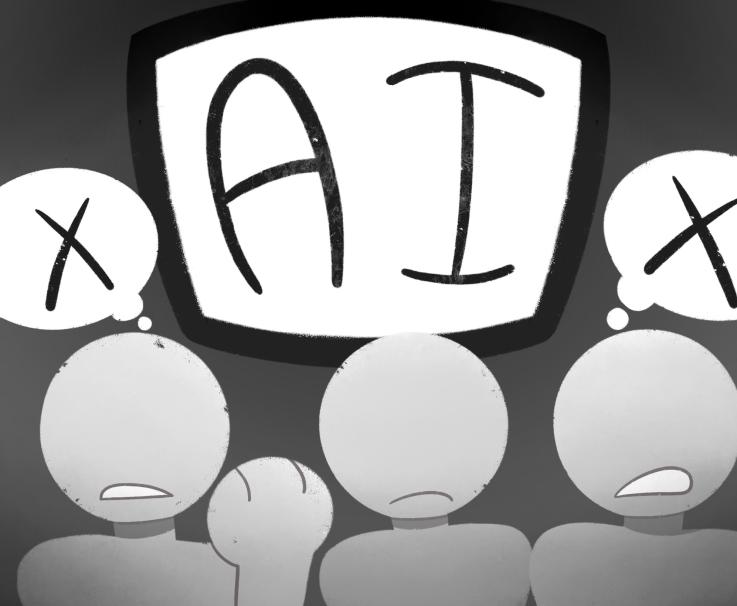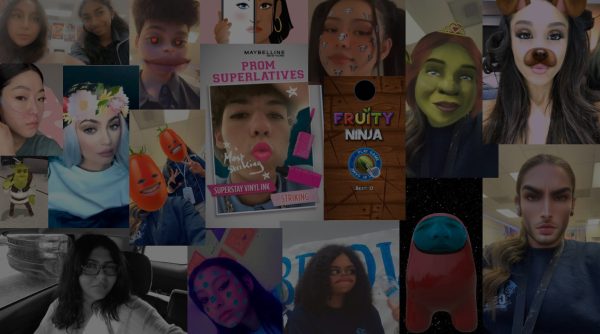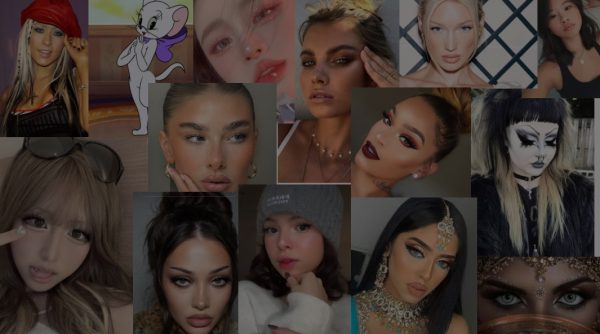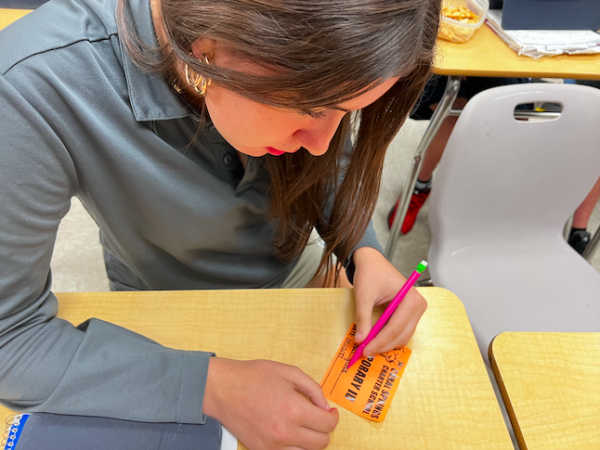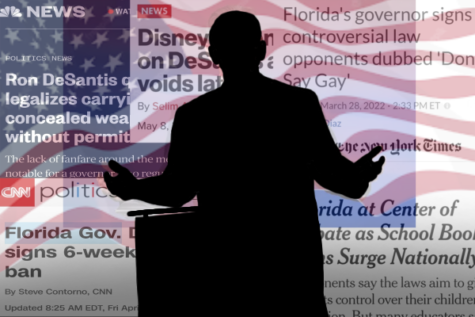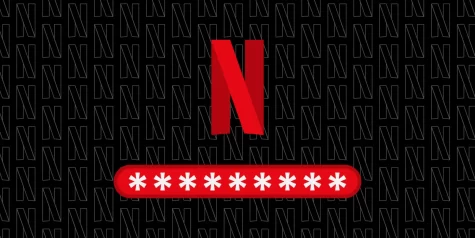AI and it’s implications for students
AI Article – cover art
Technology was always bound to advance to unpredictable levels. The way it has evolved though, has spilled conversation on what could happen due to these advancements. Whether it be the recent immersion of AI art threatening to take away artists’ jobs or the most recent of which I want to touch on today.
Deepfake AI is the use of artificial intelligence to create convincing images, audio, and video hoaxes. And at first, deepfake AI had no real impact on society.
The conversation was sparked when deepfake AI was made, the scary implications of what such a technology could be used for. However, due to it not being fleshed out and easily recognizable to be fake, everyone moved on. But, with the recent surge of Tiktok, there has been a new and upcoming trend to use deepfake AI to voice real people. For example, some of the most familiar/popular ones being Joe Biden and Donald Trump playing different video games together.
Since that use of deepfake AI is obviously satire and simply a joke way of using the technology, it’s not harmful. In my opinion actually, it brings more people to see the positives of deepfake AI. That is until we recognize the actual negative impacts of it.
Conversations about deepfake AI taking over the music industry, having people in inappropriate situations without their consent, and even threats to national security. While all problems, I wanted to focus on how it impacts us as students.
Recently, my curiosity in this subject sparked due to a story that came out around March. Students used deepfake AI in order to mimic a principal’s voice and face in order to frame the principal as a racist. As someone who has watched the video, the words said are very disturbing, saying very offensive things about minorities. Yet to me, the most disturbing part about it is the mimic of the voice itself.
While I do not know the actual voice of the principal, I could totally believe that an actual person said those words. And that’s the exact problem. This type of technology will only get more advanced as we progress. Eventually, that voice will evolve to be almost indistinguishable from the principal.
Even in the early stages of this new technology, people are already using it against other people. So the question becomes, when will news stories like the students using deepfake AI against a principal become commonplace? When will students be using deepfake AI against other students to bully them? How will we as a society be able to distinguish what is real and fake?
Next to that is the issue of deepfake AI being used as a tool against proper education. Deepfake AI can easily be used to spread misinformation. By simply posing as a professional in a certain field, the ways in which people can spread misinformation about numerous topics will be instrumental.
There is already a problem with misinformation pertaining to social media now. What happens when deepfake AI becomes a talking point to where we’re afraid to even trust a source in fear it may be fake? What happens when people actually believe the deepfake AI misinformation and there’s no real way to prove such a thing is fake? And what happens if real information becomes lumped in and labeled as misinformation in fear it may be fake?
Our education and the education of the youth as a result may be threatened. Young people may see a deepfake video online of a professor or an idol they look up to who is spreading misinformation or dangerous propaganda, and simply believe it. Simultaneously creating an even bigger rift between what is factual, what is opinion, and what is provably false.
It’s all dangerous in my opinion. As a technology fanatic, the technology itself is fascinating. To know the advancements we’re making and the good things that can come out of this. Yet, we cannot ignore the dangerous part of it all.
As technology evolves, we as a society must be able to adapt with it. Simply put, while there are no real concrete solutions to a seemingly rising issue, there is no reason to panic. As said before, even though deepfake AI is rapidly evolving and becoming more advanced, it is only a matter of time before we figure out how to deal with the issues surrounding it and how we can use it to our advantage rather than it’s disadvantage. It’s natural to be afraid of change. But as long as we recognize the potential issues and deal with them accordingly, the results will be groundbreaking.
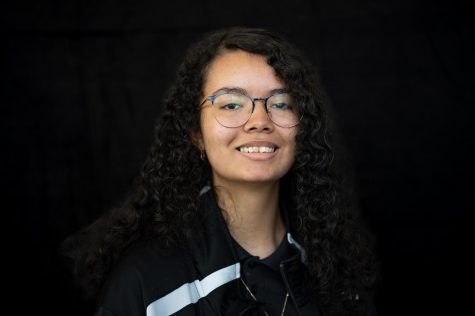
Isabela Catalan is a junior. She is part of the Art Club and the costumes/design tech team for backstage theatre. In her free time, she enjoys...

